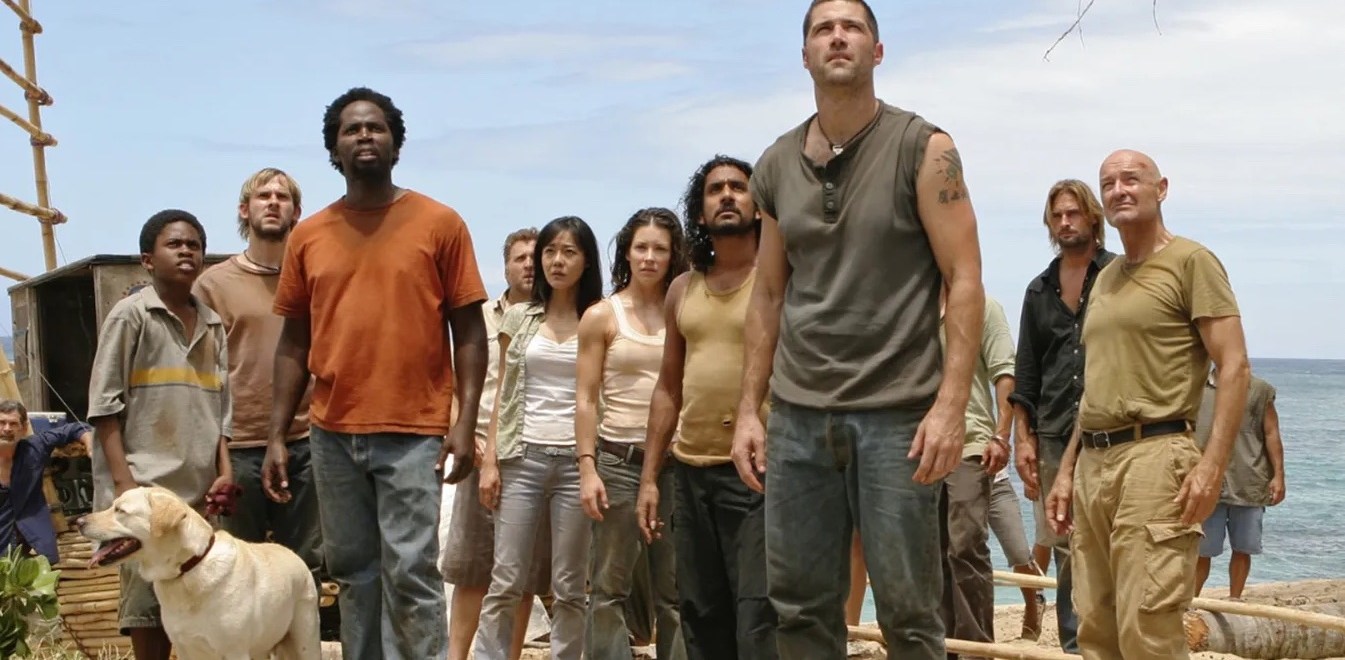Back in the early 2000s, Lost was the hit show that capitated audiences and raised so many questions, like why there were polar bears on a tropical island, what was the Dharma Initiative, and how the heck did Sun’s hair grew so fast between seasons when they were only supposed to be gone for 100 days (if that is one of the many theories you subscribed to). But off-screen, there was a variety of bigger problems, some of which have recently come to light.
In an excerpt from Maureen Ryan’s upcoming book Burn It Down: Power, Complicity, and a Call for Change in Hollywood (per Vanity Fair), actor Harold Perrineau, who played Michael on the island, opened up about the microaggressions and racist reactions from some of the show’s writers and producers.
Perrineau recalled a moment in season two when he wanted to adjust the script in order to get some more of his character’s backstory into the episode. “That was the thing that was always tricky. Any time you mention race, everybody gets—their hair gets on fire, and they’re like, “I’m not racist!'” Perrineau said told Ryan. “It’s like, ‘Nope. Because I say that I’m Black doesn’t mean I’m calling you a racist. I am talking to you from my perspective. I’m being really clear that I’m not trying to put my trauma on you, but I am trying to talk to you about what I feel. So can we just do that? Can we just have that conversation?’” The actor recalled having the conversation, only to be fired from the show weeks later. On-set tensions between writers, producers, and actors seemed to only get worse throughout the show’s six-season run.
In another excerpt from Ryan’s book, showrunner Damon Lindelof admitted that he “failed” when it came to providing an inclusive experience, both on camera and off. He said:
My level of fundamental inexperience as a manager and a boss, my role as someone who was supposed to model a climate of creative danger and risk-taking but provide safety and comfort inside of the creative process — I failed in that endeavor. I was like, OK, as long as there are one or two [writers] who don’t look and think exactly like me, then, then I’m OK. I came to learn that was even worse. For those specific individuals, forget about the ethics or the morality involved around that decision, but just talking about the human effect of being the only woman or the only person of color and how you are treated and othered — I was a part of that, a thousand percent.
Lost ended in 2010, and Lindelof says that he has worked hard over the years to become a better screenwriter and person. He has been open about certain regrets when it came to the story and insists that he has personally grown since the series concluded. “The way that I conduct myself and the way that I treat other humans who I am responsible for and a manager of is a by-product of all the mistakes that were made,” Lindelof tells Ryan. “I have significantly evolved and grown, and it shouldn’t have had to come at the cost and the trauma of people that I hurt on Lost.”
He continued to confirm the backlash that was from both fans and actors alike: that the show’s main focus was only on the white characters.
Every single actor had expressed some degree of disappointment that they weren’t being used enough. That was kind of part and parcel for an ensemble show, but obviously there was a disproportionate amount of focus on Jack and Kate and Locke and Sawyer — the white characters. Harold was completely and totally right to point that out. It’s one of the things that I’ve had deep and profound regrets about in the two decades since. I do feel that Harold was legitimately and professionally conveying concerns about his character and how significant it was that Michael and Walt — with the exception of Rose — were really the only Black characters on the show.
Despite his regrets, Lindelof has gone on to have a successful career with Watchmen, The Leftovers, and is currently the showrunner on Peacock’s popular sci-fi series Mrs. Davis. He added, “It’s not for me to say what kind of person I am. But I will say this — I would trade every person who told you that I was talented — I would rather they said I was untalented but decent, rather than a talented monster.” At least he didn’t say “smoke monster.”
Burn It Down: Power, Complicity, and a Call for Change in Hollywood hits shelves on June 6th.
(via Vanity Fair)







